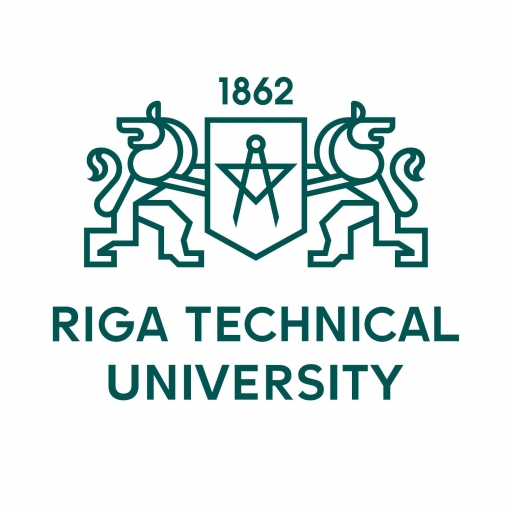Photos of university / #aaltouniversity
Are you curious how modern wireless devices work and why wireless connection is getting faster and faster? Would you like to know how to integrate radio-frequency circuits and antennas into smallest wireless sensors, e.g., for the "Internet of Things", for satellite-based earth or space observation, or for implantable medical devices? Perhaps you are also interested in nano fabrication methods, solar panels, or radio propagation and electromagnetics in basic research?
This programme offers all this and more. The Master’s programme in Nano and Radio Sciences offers you fundamental knowledge in the following areas: micro- and nanosciences, micro- and nanoelectronic circuit design, advanced materials and photonics, radio science, and space science & technology. In this programme you approach engineering studies from both industrial and scientific perspectives. You can be theoretically oriented or direct your studies more towards practical applications.
The programme offers five major options. During the first semester you focus on the common subjects, and at the end of the semester you select your major. During the second and third semesters you gain a deep insight in your chosen major, which leads to the Master's thesis during the second year of your studies. The programme is a combination of theoretical and practical courses which consist of lectures, independent exercises, computer simulations, laboratory works, and group assignments. The studies are closely connected to the current research in the relevant field. The programme also allows for elective studies from a broad choice of topics within for example arts, business and other technological subjects.
The Master's degree (120 ECTS) is composed of studies in the major (65 ECTS), elective studies (25 ECTS), and the Master's thesis (30 ECTS).
The applicant should have a Bachelor’s degree (a minimum of 180 ECTS credits or equivalent) in electrical engineering. Excellent candidates with degrees in other fields such as natural sciences, mathematics, or materials sciences will be considered.
The following background knowledge, which is typically obtained by studying a Bachelor degree at a research university, especially in electrical engineering or a closely related field, is required for the Master's Programme:
- electronics
- mathematics
- basic programming skills
- physics
Students chosen to the programme may be required to complement their earlier degree with complementary studies. The admission letter will provide information on any such requirements. The complementary studies cannot be included in the Master's degree but will be required for graduation.
Want to improve your English level for admission?
Prepare for the program requirements with English Online by the British Council.
- ✔️ Flexible study schedule
- ✔️ Experienced teachers
- ✔️ Certificate upon completion
📘 Recommended for students with an IELTS level of 6.0 or below.







